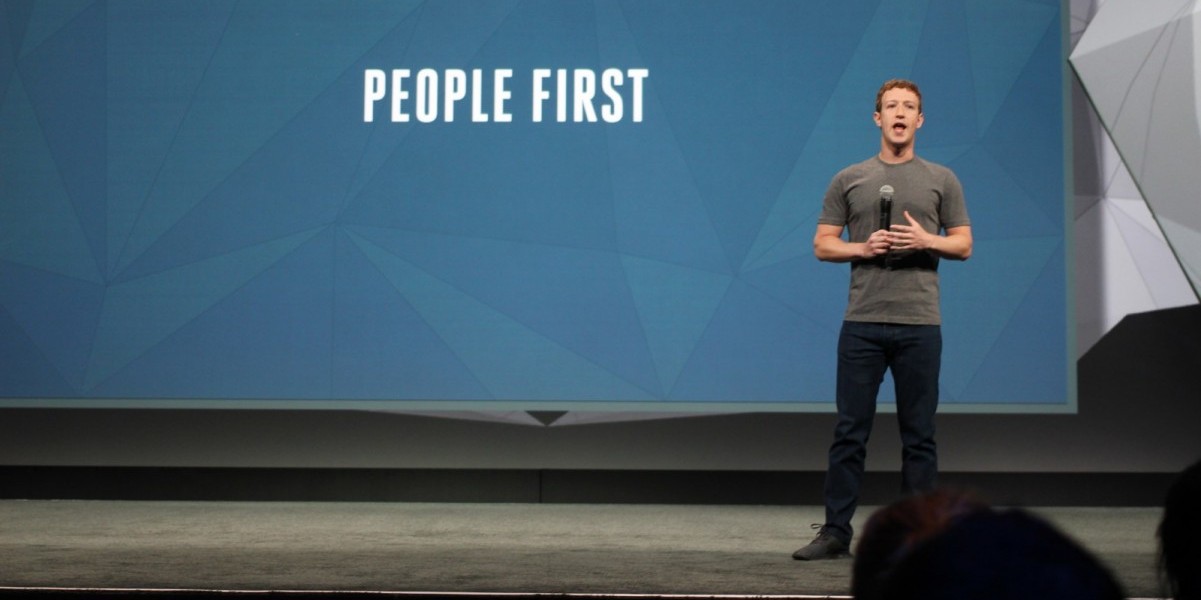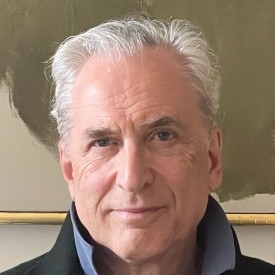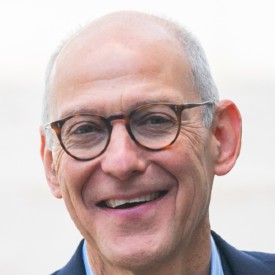Yesterday Mark Zuckerberg sent waves through the tech world when he announced that in honor of his daughter’s birth, he and his wife Priscilla Chan would donate 99 percent of their shares of Facebook, or roughly $45 billion, to charity over the course of their lifetimes. However, this “surprise” act of holiday charity isn’t as surprising as it seems. Despite the media’s perception of him as selfish, Mark Zuckerberg is actually the ideal giver.
According to Adam Grant, professor at Wharton School of Business and leading researcher on the subject of giving, the most successful individuals in society tend to be the most charitable. In his book Give and Take, Grant explains that there are three types of inherent personality types: takers, givers and matchers.
Takers act based on their own interest and based on what others can give to them. Matchers focus on quid-pro-quo interactions and are wary of being exploited by takers. Givers pay more attention to the needs of others and tend to give more than they receive. Individuals with “giver” tendencies occupy both the top and bottom ranks of corporate America in almost equal numbers.
The popular notion persists that all business giants are Scrooges focused on sucking employees and consumers dry for their own profit, but Grant’s research points to other conclusions. Multiple studies have shown that intelligence is correlative to giving behavior, so it’s unsurprising that the founder of the world’s most popular social network would fit this profile.
“Instead of assuming that they’re doomed to become doormats, successful givers recognize that their everyday choices shape the results they achieve in competitive, confrontational situations,” Grant writes. “The dangers lie less in giving itself, and more in the rigidity of sticking with a single reciprocity style across all interactions and relationships.”
In fact, Grant’s research shows that while takers can excel temporarily, especially in the corporate world, they can’t sustain their success. Smart givers excel by matching their empathy with perspective.
This means that while Zuckerberg may have been portrayed in popular media as ruthless in some of his business dealings, that doesn’t mean he isn’t a giver.
Pundits across the internet have postulated over whether or not Zuckerberg’s announcement is simply a scheme for his own interests or perhaps the softening influence of his wife and new child. It’s undeniable that the move allows Zuckerberg to reap a number of tax benefits while retaining a controlling stake in the company. Initial buzz over the announcement gave way to reporting that revealed some of that $45 billion is, in fact, going to a private company that will be empowered to make investments. This means not only does Zuckerberg still have the majority say at Facebook, he could take some of his money from this private company to invest in other ventures.
It’s easy to criticize Zuckerberg for not just donating his money to a number of foundations that already tackle global problems, especially given his last windfall donation was a flop. His $100 million gift to Newark Public Schools was largely considered a failure due to mismanagement.
If the birth of his daughter has spurred Zuckerberg to feel the empathy Grant says good givers need, it seems these past failures have given him the perspective needed. In response to a question about the announcement, Zuckerberg wrote “…we have a lot to learn and giving, like anything else, takes practice to do effectively. So if we want to be good at it in 10-15 years, we should start now.”
Right now it’s impossible to know if Zuckerberg’s gesture is a publicity stunt, a backdoor business move or something genuine, but by Grant’s definitions it is the behavior of a smart giver. The “taker” Zuckerberg of popular culture can’t sustain success according to Adam Grant’s theory, so maybe it’s time for the “giver” Zuckerberg to step up his game.
Feature Image: Maurizio Pesce/Flickr






























